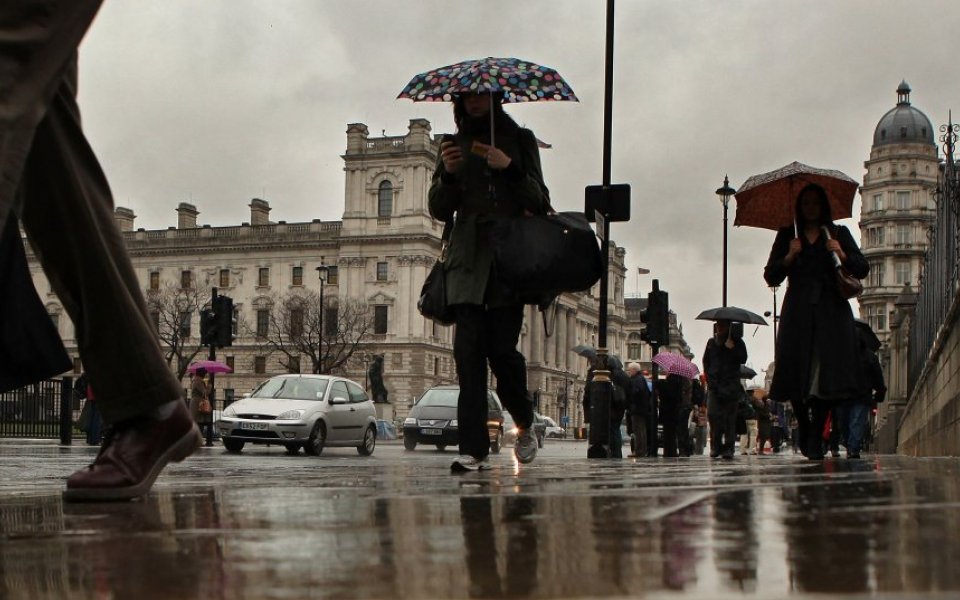Winter recession to be confirmed for UK economy – but experts are upbeat about 2024
New figures are likely to confirm that the UK economy fell into a shallow recession in the second half of last year, but experts are hopeful that 2024 will be a better year.


New figures are likely to confirm that the UK economy fell into a shallow recession in the second half of last year, but experts are hopeful that 2024 will be a better year.
City economists think that UK GDP shrunk by 0.3 per cent in December, meaning that the economy will have contracted 0.1 per cent across the fourth quarter.
December’s figures, set to be published on Thursday, will be weighed down by yet more strike action, which impacted both the health sector and rail industry.
Already published retail sales figures showed the steepest drop since January 2021 which will hit activity in the all-important services sector. The flurry of storms in December is also likely to have constrained construction activity.
The slight contraction in the final quarter of last year would come after a 0.1 per cent contraction in the third quarter, meaning the UK will have fallen into a recession. A recession is two consecutive quarters of negative GDP growth.
“It was a tough end to the year for the UK economy,” Ellie Henderson, economist at Investec noted.
The UK economy has struggled to generate any real momentum in 2023 as stubborn inflation and high interest rates have eaten into consumer spending power.
But most experts said that focusing excessively on a recession would create a misleading impression of the economy. Analysts at Pantheon Macronomics said “talk of a recession seems like overkill”.
“A better description of the trend might be stagnation,” Henderson said.
Data since the turn of the year has painted a much more positive picture too, suggesting the growth might pick up in 2024 as inflationary pressures ease.
Inflation dropped sharply in the final quarter of last year, ending 2023 at four per cent. Analysts at Deutsche Bank predict that real wages will grow at 1.75 per cent in 2024, making it one of the highest growth rates in the last decade.
Lower inflation has also fuelled bets that the Bank of England will start cutting interest rates in the first half of this year, easing the pressure on households further. Traders expect three rate cuts this year.
Business surveys suggest that activity has already started picking up this year, with private sector output accelerating for the third straight month in a row and at a faster pace than experts expected.
“The reality is the economy is now on the up,” analysts at Pantheon Macroeconomics said.


